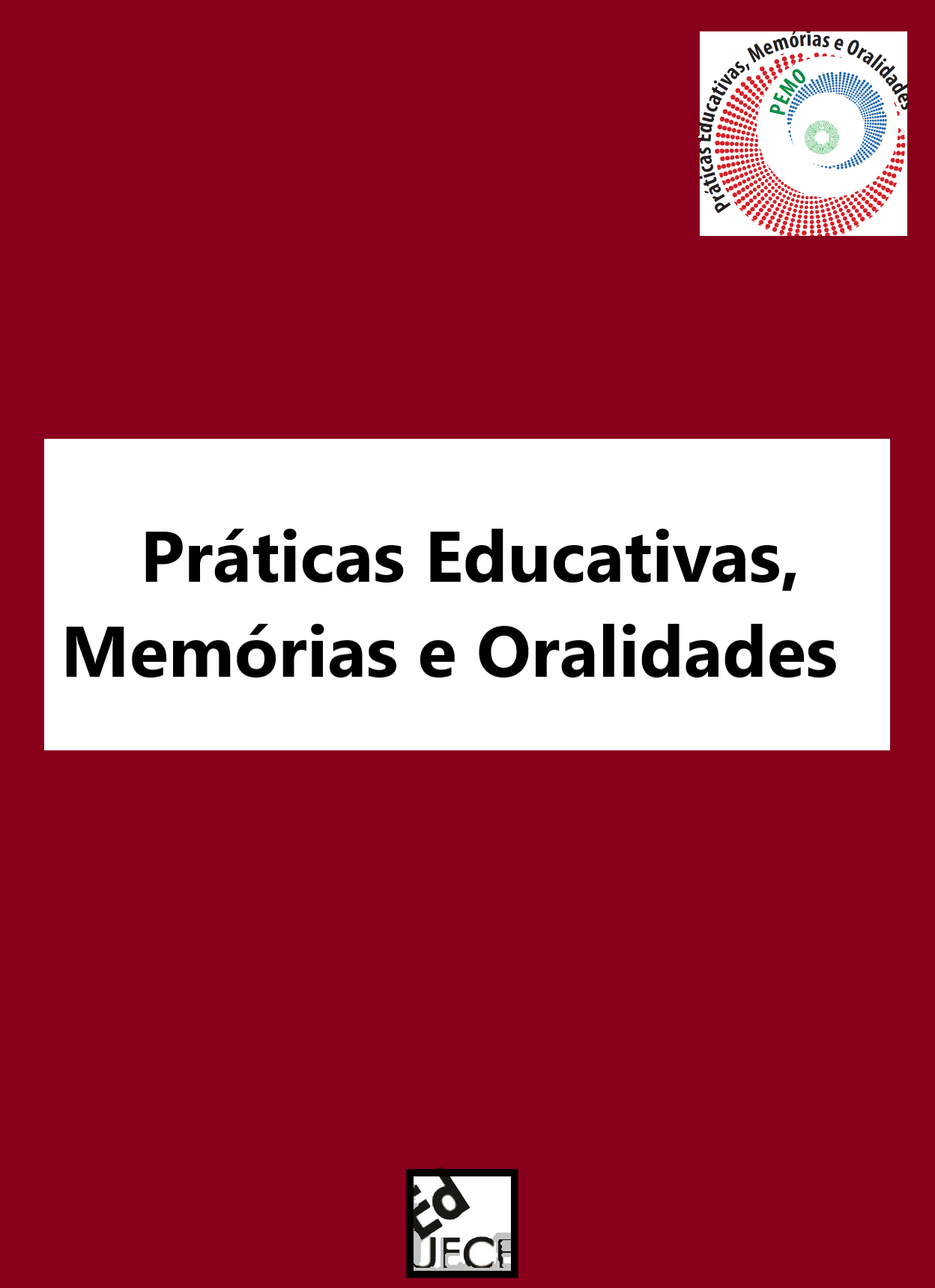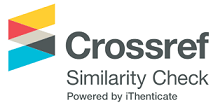Da folha em branco à defesa: os desafios da elaboração do TCC na Graduação
DOI:
https://doi.org/10.47149/pemo.v6.e12356Palavras-chave:
Escrita Acadêmica, Pesquisa, Ciências Humanas, Trabalho de Conclusão de CursoResumo
O objetivo geral deste texto é oferecer subsídios para auxiliar alunos de graduação na elaboração do trabalho de conclusão. Deste objetivo geral, são desdobrados os seguintes objetivos específicos: (1) apresentar subsídios para os primeiros passos para a reflexão acerca do interesse por um tema; (2) abordar os elementos básicos para a estruturação de uma monografia; (3) elencar ideias e estratégias para otimizar a escrita do trabalho; (4) apresentar sugestões para o momento da defesa em frente à banca. Este artigo baseia-se na revisão de literatura que aborda a temática e justifica-se a partir da experiência prática dos autores. Tal experiência levou à constatação da existência de carências formativas das graduações, que muitas vezes surgem como entrave tanto para o bom desenvolvimento da monografia final por parte dos estudantes quanto para a possível sequência destes no âmbito da pós-graduação.
Downloads
Referências
ALVES-MAZZOTTI, A. J.; GEWANDSZNAJDER, F. O Método nas Ciências Naturais e Sociais: Pesquisa Quantitativa e Qualitativa. São Paulo, 1999.
BAQUERO, M. A pesquisa quantitativa nas Ciências Sociais. Porto Alegre: Editora da UFRGS, 2009.
BRIDA, A. et al. Como redigir resumos, relatórios e apresentar trabalhos científicos. In: LISE, F. et al (Orgs.) Etapas da construção científica: da curiosidade acadêmica à publicação dos resultados. Pelotas: Editora da UFPEL, 2018. pp. 113-123.
DEPRÁ, M.; BALEN, T. R. Como redigir um projeto de pesquisa. In: LISE, F. et al (Orgs.) Etapas da construção científica: da curiosidade acadêmica à publicação dos resultados. Pelotas: Editora da UFPEL, 2018.
DESLANDES, S. A construção do projeto de pesquisa. In: MINAYO, M.; DESLANDES, S.; NETO, O.; GOMES, R. Pesquisa social: teoria, método e criatividade. Petrópolis: Vozes, 1993.
ECO, U. Como se faz uma tese em ciências humanas. Tradução de Ana Falcão Bastos e Luís Leitão. 13. ed. Lisboa: Editorial Presença, 2007.
FERNANDES, F.; MOREIRA, M.; FORTES, P. Subsídios para a construção de projetos em pesquisa social: reflexões epistemológicas e metodológicas. Saúde Debate, v. 41, n. 112, jan./mar. 2017. Disponível em: <https://www.scielo.br/j/sdeb/a/cqZKx7GVwtLzbjwyCg7WqdF/>. Acesso em: 15 ago. 2023
LAVILLE, C.; DIONNE, J. A construção do saber: manual de metodologia da pesquisa em ciências humanas. Porto Alegre: Artes Médicas; Belo Horizonte: UFMG, 1999.
MARTÍN, E. Ler, escrever e publicar no mundo das Ciências Sociais. Revista Sociedade e Estado, v. 33, n. 3, set./dez. 2018. Disponível em: <https://www.scielo.br/j/se/a/JYbHYQcqG6kLHKSGmbxhHBG/>. Acesso em: 15 ago. 2023
SEVERINO, A. Metodologia do trabalho científico. São Paulo: Cortez, 2002.
SOUZA, B. M.; LINHARES, B. F. O que é ciência? O que é pesquisa? In: LISE, F. et al (Orgs.) Etapas da construção científica: da curiosidade acadêmica à publicação dos resultados. Pelotas: Editora da UFPEL, 2018.
TRIVIÑOS, A. N. S. Introdução à pesquisa em Ciências Sociais: a pesquisa qualitativa em educação. São Paulo: Atlas, 2013.
TUCKMAN, B. W. Conduct educational research. New York: Harcourt Brace Jovanovich, 1972.
Downloads
Publicado
Como Citar
Edição
Seção
Licença
Copyright (c) 2024 Bruno Mello Souza, Lucianne Carvalho Correia Duque (Autor)

Este trabalho está licenciado sob uma licença Creative Commons Attribution 4.0 International License.
Os autores possuem direitos autorais dos seus textos:
A revista "Práticas Educativas, Memórias e Oralidades permite ao/s autor/es os direitos de publicação, no entanto, recomenda um intervalo de cinco anos para o caso de republicação ou referência ao primeiro local de publicação, no caso, o link da Rev. Pemo..
Os nomes e endereços informados nesta revista serão usados exclusivamente para os serviços prestados por esta publicação, não sendo disponibilizados para outras finalidades ou a terceiros.














